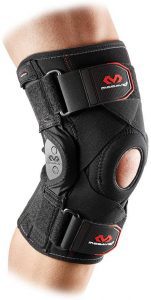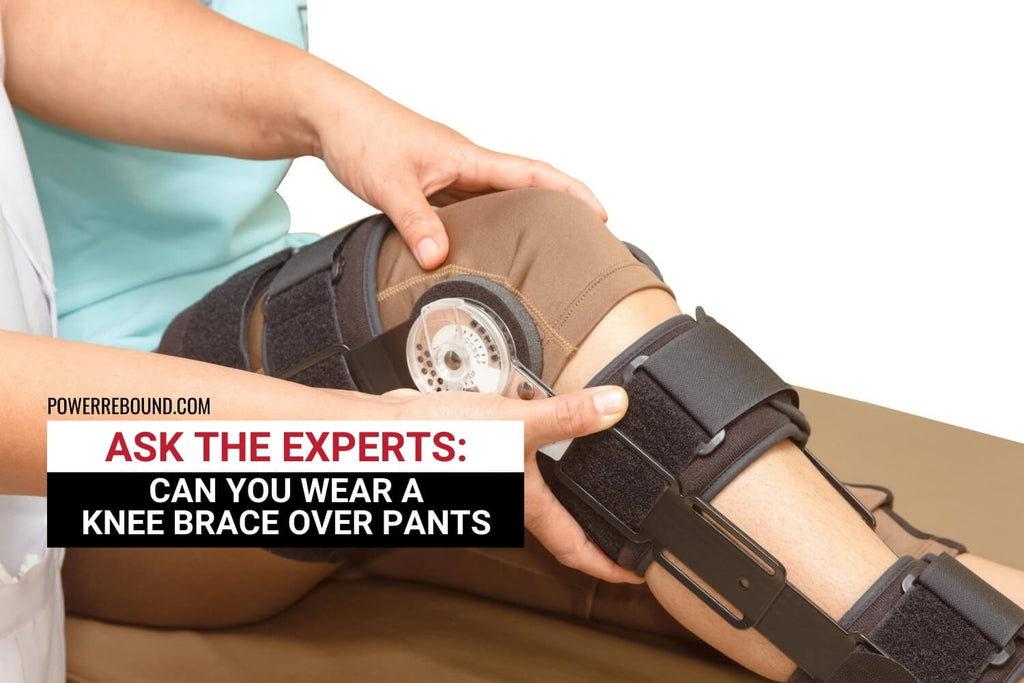

While it’s tempting to fall asleep to the sounds of your favorite TV show or catch up on social media right before bed, you could ruin your chance at a proper night of sleep. We have rounded up our top five hacks for getting a good night’s sleep. People recommend countless tips for getting better sleep, which can feel a little overwhelming. While you can’t stay in bed all day, it’s recommended to get anywhere between eight and 10 hours of sleep if you want to prioritize recovery. In fact, with an inadequate amount of sleep, your muscle tissue can decrease, resulting in a loss of muscle mass. Additionally, with more sleep, you are less likely to sustain a muscle injury, and more likely you are to reduce any aches or pains in your body. The more sleep you get, the higher levels of HGH and muscle glycogen (the main source of metabolic fuel) you will have running through your body. While the National Sleep Foundation generally suggests adults should get anywhere from seven to nine hours of sleep per night, you should try to extend your time in bed if you are looking to optimize body recovery. If you are wondering just how much sleep you need to give your body enough time to rest and restore, it might be a little more than you are used to. When we get adequate sleep, cortisol levels drop significantly, allowing our immune system to do its job and repair cells. The problem with stress hormones is that they also suppress your immune system. Stress hormones, like cortisol, are beneficial to your body during physical activity - they help prepare your tissues for exertion. Less inflammation means that your body can more efficiently and swiftly recover. During sleep, the body releases another substance called prolactin, which helps to regulate inflammation. Tissues become inflamed when damaged during high-intensity workouts this is your body’s natural sign that it is fighting a cellular problem. Along with nutrients from the blood, growth hormone aids in cellular repair and tissue regeneration, increasing athletic performance.

Included in this cascade of healing hormones is HGH or growth hormone. Sleep Secrets Certain Hormonesĭuring some stages of the sleep cycle, including non-REM sleep, your body sends signals to the pituitary gland, activating it to release beneficial hormones. Blood brings with it oxygen and nutrients to damaged areas, helping with cellular regeneration, tissue repair, muscle growth, and muscle recovery. Sleep Increases Blood Flowĭuring deeper REM sleep (rapid eye movement), many tissues in the body, including muscles, see a significant uptick in blood flow. The rebuilding really kicks in when we sleep because our systems slow down and leave more regenerative resources available.īelow, we’re taking a look at some of the specific processes that happen while you sleep that help you bounce back from a long day of physical activity.

While this process takes place right after a tough workout when we’re still awake, many resources within the body still have to be used to keep us functioning. When we exert our bodies through physical performance, tissues are broken down - muscles sustain microscopic tears, bone tissue degrades slightly, our heart tires from having to pump harder, ligaments and tendons around joints are stretched out, etc.Īs a result of this “damage,” our body deals with it by shifting into repair mode - resources are directed towards replenishing tissues with nutrients, coming back stronger than before. Sleep restores your brain and refreshes your cognition.īut a lot of us don't realize how much of an impact sleep has on other parts of your physiology, including muscle repair, joints, tendons, ligaments, bones, hormones, respiratory function, and more. So why is getting enough sleep important after a workout or any other type of demanding physical activity? Many are aware of the effects of deep sleep on mental state - if you’ve ever personally tried to pull an all-nighter before an exam, chances are you’re not feeling too hot the next day. In the morning when you wake up, you'll feel fresh and ready to go. Did you know while you sleep, you can recover even faster with Incrediwear? By increasing blood flow and reducing inflammation while at rest, you're optimizing your body's natural recovery process.


 0 kommentar(er)
0 kommentar(er)
